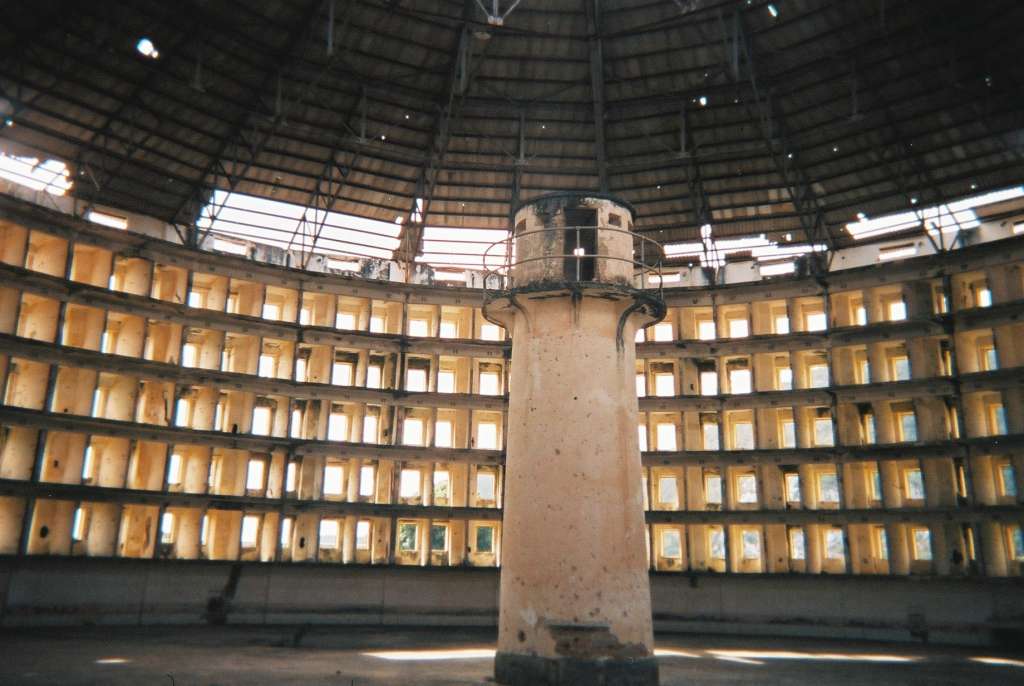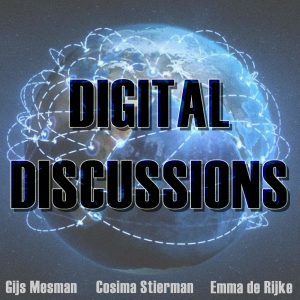Have you ever wondered what internet ‘cookies’ are? Or how secure your information is online? Since the digital revolution and the advent of the internet, data, and personal data specifically, has grown and been collected in such incredible amounts that one has to wonder what how secure all of this is. One occasionally hears about certain data leaks and breaches due to a third-party infiltrating the service.
Since the advent of the internet, copious amounts of data, and personal data, in particular, has streamed through the world wide web through both secure and unsecured connections. How much can you trust services such as Facebook and Google to protect your sensitive information and internet habits? ‘Cookies’ is a term you see a lot on the internet, especially when visiting websites for the first time. Nowadays, these ‘cookies’ are very commonly used by advertising agencies to tailor the ads you see to your interests and needs. This means that a website that you visit may put a certain cookie on your machine (after you consent) and this cookie will follow you across websites to build a consumer profile for you. If you accept the cookies and search for ‘cheap hiking shoes’ on bol.com and then head over to Amazon or marktplaats, chances are you’ll see advertisements for hiking shoes. The ad agency that operates on bol.com may just happen to operate on Amazon.com as well and due to your search, they will know what you’re interested in and searching for.
Cookies are much more complex than what I have described above but it is useful to have a simple understanding of why you certain ads you see seem to know exactly what you want or are interested in. In the grand scheme of things, a small cookie following you around to create ads around the internet that are created specifically for you may not be the absolute worst and malicious invasion of your privacy (that one technically consents to when absentmindedly clicking ‘accept cookies’).

(Personal) data has become such a commodity and is so easily given away by people browsing the web in return for a few seconds saved by not manually opting out of all cookies that perhaps it’s not really seen as a significant privacy violation. That brings me back to 6 years ago when one of the most well-known whistleblower acts occurred. Edward Snowden, a CIA employee at the time, leaked classified information about the NSA and the global surveillance program it has been operating for decades, while also implicating other global surveillance programs that were being operated or at least supported by European governments. The NSA’s PRISM program and its $52.6 billion budget allowed them to monitor, intercept and acquire your internet habits, personal data, phone records, search histories, chats and more of hundreds of millions of people from, primarily, but importantly not limited to, the United States. Services such as Facebook, Google and Apple have confirmed that they’ve handed over their users’ sensitive and private information to the NSA. They are able to track your position via your phone and phone towers, they hack consumer products, hijack internet lines overseas and find any way possible to gather as much information online as possible, all in the name of public safety.

Compared to internet cookies that create personalized ads, this is undoubtedly a much larger and worrying invasion of privacy. The idea of Foucault’s panopticon and how a disciplinary society functions to oppress and force their citizens to act and behave a certain way can be applied to this situation and to the reality and disadvantages of a digitized world. The panopticon is a prison building designed by Jeremy Bentham, a social theorist. It is designed in order to have all prisoners be in an open view of prison guard sitting in a watchtower. The important aspect is that all prisoners know that they are completely and permanently visible to the person of authority (the prison guards) but they have no way of knowing if they are currently being watched or not. Foucault believed this panopticon to be a tool to subdue a population of countless different types of people into following one set of laws and guidelines. He uses the building as a metaphor for a disciplinary society where the citizen can be surveilled but the government and figures of authority can’t be seen by the citizens. This panopticon can be seen today in the form of global surveillance programs such as those led by the NSA and the likely dozens of other programs that haven’t been exposed (yet?). Due to this unequal distribution of constant surveillance, citizens are shaped into being completely docile law-abiding subjects as they fear punishment as they do not know when or if the ‘prison guards’ of society are able to see what they’re doing online.



Recent Comments